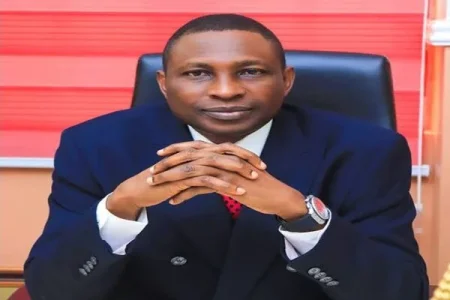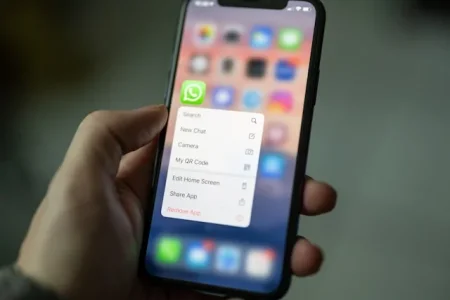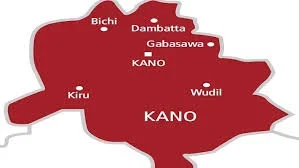
The Economic and Financial Crimes Commission (EFCC) responds to a lawsuit challenging its constitutionality, asserting that critics are feeling the pressure of its anti-corruption efforts. The Supreme Court will hear the case filed by 16 state attorneys-general, questioning the commission's legal foundation in Nigeria.
The Economic and Financial Crimes Commission (EFCC) has responded to legal challenges questioning its constitutionality, asserting that those behind the lawsuits are reacting to its rigorous anti-corruption measures. Sixteen state attorneys-general have taken the EFCC to the Supreme Court, claiming that its establishment contravenes Section 12 of the 1999 Constitution regarding the incorporation of international treaties into domestic law.
In an interview on Channels Television, Wilson Uwujaren, the EFCC's Director of Public Affairs, defended the commission's legitimacy, stating that its establishment adhered to due process in the National Assembly. He expressed concern over the timing of the lawsuit, particularly given Nigeria’s pervasive corruption challenges. Uwujaren emphasized that the EFCC has played a vital role in addressing corruption, recovering billions of naira in misappropriated funds, and prosecuting high-profile cases.
He criticized the motivations behind the lawsuit, suggesting that those challenging the EFCC's legality are merely trying to obstruct its anti-graft efforts, viewing the commission as a significant threat to their interests. He urged Nigerians to recognize these actions as attempts to derail the fight against corruption, which he deemed crucial for the nation’s survival.
The Supreme Court has set a hearing for the case on October 22. The legal battle has drawn mixed reactions, with human rights lawyer Femi Falana and various civil society organizations opposing the suit, while some legal experts support the challenge against the EFCC's establishment.



